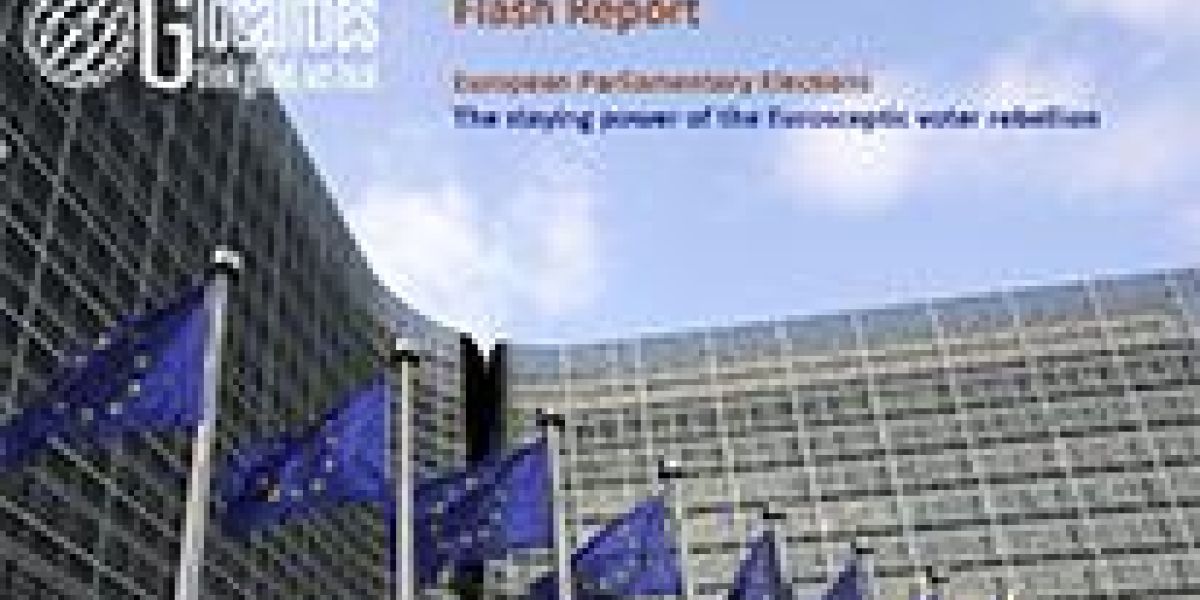Glocalities' Contribution to the Move Humanity Conference - Activating the Global Rich to Close the Sustainable Development Goals Funding Gap
The Move Humanity Conference aims to set a path for mobilizing new and greater resources for the Sustainable Development Goals (SDGs), set by the United Nations to be reached by 2030. The event featured leaders from key SDGs sectors and addressed the full spectrum of financing tools relevant for achieving the SDGs, especially for the world’s lowest-income countries.
At the Move Humanity Conference, Glocalities Research Director Martijn Lampert presented the first values-based international analysis of the global rich. Watch the presentation here.
Global research exploring the values, lifestyles, and psychology of the rich reveals not only a major divide between the global rich and the rest of society but also a highly relevant values-based divide within the richest segment: the self-oriented rich differ from the social rich, who are pivotal for achieving the Sustainable Development Goals. Understanding the psychology behind the rich divide is fundamental for developing strategies and policies to activate the global rich for philanthropy and for promoting and funding the SDGs. The results of the explorative analysis are shared in this paper, which can be downloaded at the right side of this page.


Infographic summarizing the main findings
[PRESS RELEASE]
Amsterdam, April 16th 2019
A small group of self-oriented rich oppose income equality – Global survey
Values of the rich to be factored into closing the Sustainable Development Goals funding gap
The global rich live in a privileged, optimistic and happy bubble. But even among the affluent (top 5% earners in each country), the support for more income equality is high. 65% of the rich are supportive and only 13% oppose more income equality, according to a new Glocalities study, which was based on interviews with 60,207 respondents including 3,089 high earners from 26 countries. The survey identifies a values-based divide among rich people, which needs to be factored into the challenge to end poverty and fund the Sustainable Development Goals. The self-oriented rich, who oppose income equality, are typically worried about migration, crime and terrorism and have a strong belief in free market capitalism, competition and strong leadership. On the other side of the spectrum, the social rich support income equality and typically worry about corruption and climate change. Moreover, they value business ethics, idealism and have more trust in the man and woman on the street than the self-oriented rich. Mobilizing the social rich is, therefore, the key for closing the SDGs funding gap.
Among billionaires, the same values-based divide is prominent. Billionaires such as Rupert Murdoch, the Koch brothers and Robert Mercer resonate with free-market capitalism values and political issues that are prominent concerns among the self-oriented rich such as crime, terrorism and immigration. On the other hand, we find billionaires such as Michael Bloomberg and Richard and Joan Branson who joined the Giving Pledge initiative of Bill and Melinda Gates and Warren Buffet. This initiative, in which the ultra-rich promise to give away most of their wealth to philanthropic causes, resonates strongly with the more inclusive values and priorities of the social rich, who prioritize sustainable development, cooperation and ending poverty.
The values-based survey is published by research agency Glocalities as a follow up to the Move Humanity conference held in Copenhagen last month. The Conference aims to set a path for mobilizing financial resources for ending poverty and realizing the UN Sustainable Development Goals (SDGs), by catalysing large scale private philanthropy, closing tax havens and introducing a 1% wealth tax from billionaires. Move Humanity is a justice and wealth initiative by the UN Sustainable Development Solutions Network (SDSN) and the Human Act Foundation.
Glocalities research Director Martijn Lampert says: ‘’Our global study shows that it is necessary to tap into the values and psychology of rich people around the world, to mobilize them for closing the Sustainable Development Goals funding gap and ending poverty. It is promising that the majority of rich people support more income equality, but there is opposition from a small and influential group of rich free-market capitalists who want to maintain the status quo of growing inequalities. Current populist voter revolts are fuelled by a clash between the world views of self-oriented rich who oppose income equality and social rich who are culturally inclusive, believe in community values and want to reduce poverty.’’
Founder of the Human Act Foundation, Djaffar Shalchi, says: ‘’Funding the SDGs is not a humble goal. It is in the common interest of the Globe as a whole that we overcome inequality. What we are proposing with our Move Humanity Initiative to tax the ca. 2000 billionaires by only 1%, is one of the ways. But we cannot do this alone. That is why we urge all parties to come together to close the financial gap so we can Move Humanity.
The Glocalities’ study can be downloaded by following the instruction on the right side of this website page. The Glocalities study provides recommendations for the Move Humanity initiative and campaign to create a global movement, to foster a greater culture of giving and to help to introduce a 1% tax of the world’s richest people for ending extreme poverty and the UN Sustainable Development Goals.
An interview with Glocalities director Martijn Lampert at the Move Humanity conference can be seen here.
About the survey
The survey was conducted in 16 languages in January and February 2018 in the following countries: Australia, Belgium, Brazil, Canada, China, Colombia, Finland, France, Germany, Hungary, India, Indonesia, Italy, Japan, Mexico, Netherlands, Poland, Romania, Russia, Spain, South Africa, South Korea, Sweden, Turkey, United Kingdom and the United States. The countries covered in this study represent 63% of the world population and 83% of the world economy.
About Glocalities
The world is constantly changing. Technologies that grow exponentially and new media mean a faster distribution of knowledge, experiences and ideas across the globe. The challenges for the international development community are greater than ever. It is crucial to have the best understanding possible of current and future developments. A necessary condition for success in a time of rapid change is a refined and holistic understanding of trends, cultures and population segments. This is what Glocalities provides, based on large-scale global surveys into values, lifestyle and psychology.
In the Glocalities surveys, we incorporate several research instruments that provide a deeper understanding of people, such as values statements, archetypes and values cards. These instruments make it possible to obtain a 360-degree view of groups of people (such as the affluent) and gain knowledge of their outlook on life and what resonates with them.
For more Glocalities reports on the Sustainable Development Goals, Millennials and other topics, see www.glocalities.com/reports
More information for editors-Not for publication:
Martijn Lampert, Research Director. Email:
0031(0)205898373
Martijn Lampert leads Glocalities, an Amsterdam-based international agency researching values, lifestyle and psychology all over the world. The research program covers more than 30 countries, based on interviews with more than 200,000 people since 2013. NGOs, governments and multinationals use Glocalities insights to connect with audiences, based on a deep understanding of trends, people and cultures. Martijn is a TEDx speaker and frequently presents and publishes about international audiences, trends and the Sustainable Development Goals.
About Move Humanity
Move Humanity is a new global initiative aiming to mobilize each year at least 1 per cent of the wealth of the world’s super-rich for the Sustainable Development Goals, either through philanthropy or taxes. It is an initiative by the Human Act Foundation and the Sustainable Development Solutions Network (SDSN). The initiative published its first Move Humanity report in 2018 and held its first annual conference in the Danish Parliament in March.

Presenting key recommendations for Move Humanity

Presenting shared values among the 95% in contrast to the 5% top earners

Martijn Lampert and Djaffar Shalchi, founder of Move Humanity

Discussing with UN SDSN Director and Professor Jeffrey Sachs and Move Humanity Founder Djaffar Shalchi
Download the report here: Glocalities
Source: Glocalities, 26.03.2019

















